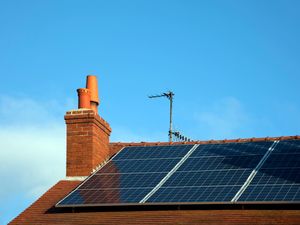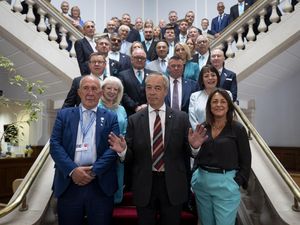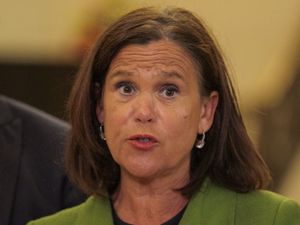Octopus Energy launches ‘buy now, pay later’ for solar panels
It means households can spread the cost of installation over several years.

Octopus Energy customers will be able to use “buy now, pay later” to fund and install solar panels as part of a new deal with digital lender Zopa Bank.
It means households can spread the cost of installation over several years.
Octopus, which is the UK’s biggest electricity supplier with nearly seven million customers, said the new financing offer means more people will benefit from the “cheap, clean energy source”.
Households making use of the new finance products will be able to buy and install Octopus solar panels, spreading to cost in up to 84 monthly payments over seven years.
While “buy now, pay later”, or BNPL, schemes are typically interest-free, the larger size of the loan from Octopus will see customers charged a 9.9% annual percentage rate (APR).
Octopus charges about £9,200 for installing 10 panels and a five kilowatt hour (kWh) battery.

The new financing options will also be launched for people buying and installing app-controlled EV chargers, which fast-charge electric cars.
BNPL has typically been offered for customers on products like clothing, home essentials, furniture and electricals, through providers like Klarna and Clearpay.
In general, BNPL can be a way for people to spread the cost of purchases or defer payments to a later date, without incurring interest.
But concerns have been raised that some people could take on too much debt, which could end up being difficult and costly to pay off.
Zopa said its new wave of BNPL products are fully regulated and involve affordability and credit card checks to limit the number of people at risk of seeing debts pile up.
Dave Farbrother, who heads up the lender’s retail finance division, said the deal will “make the switch to energy sustainability more accessible for millions of UK consumers”.





